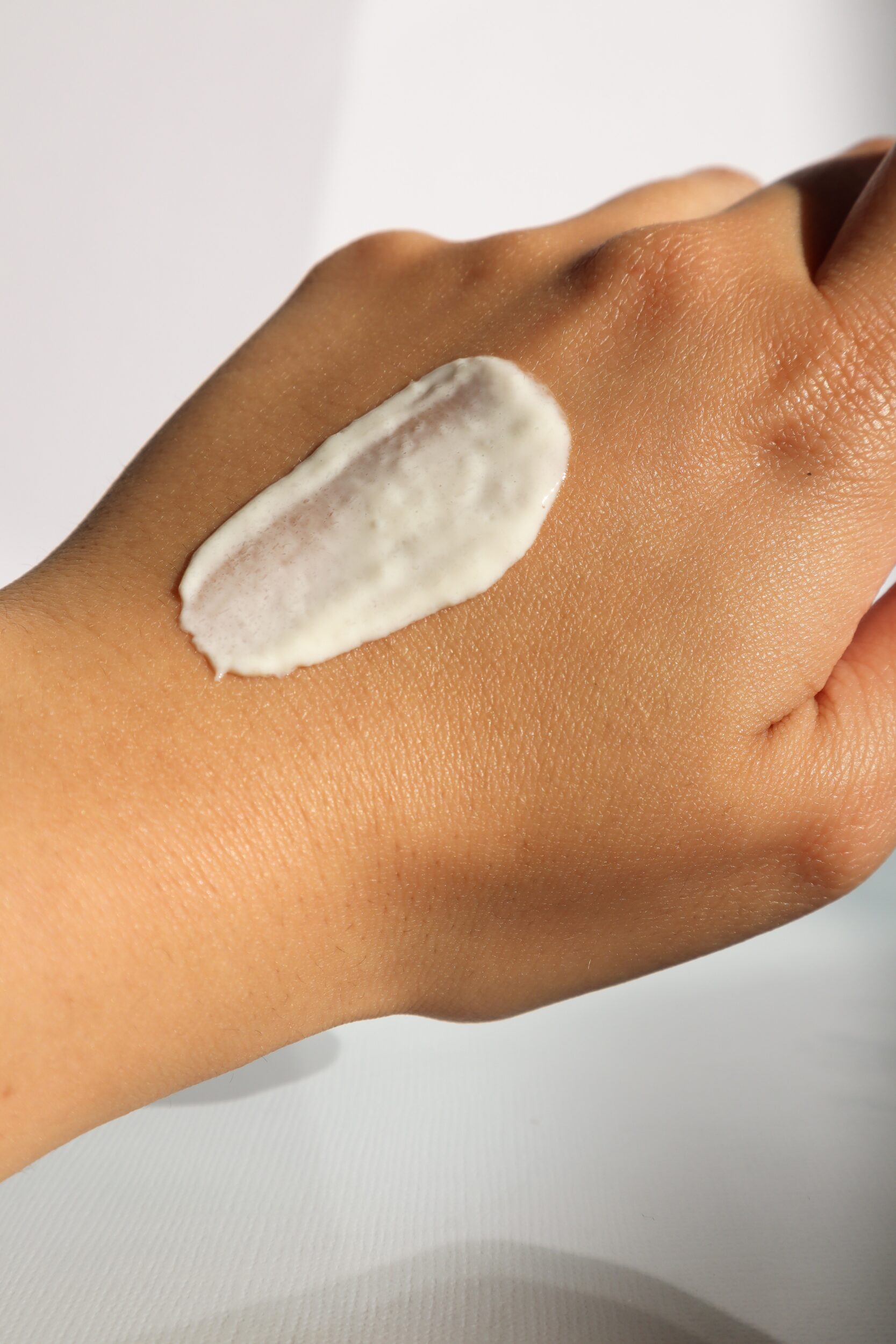We know that exposure to the sun’s rays can lead to sunburn, the appearance of pigment spots, premature aging of the epidermis and, when not protected, the risk of skin cancer. Whether avoiding direct exposure to the sun’s rays (especially between 12:00 and 16:00) remains the best way to protect yourself from various sun-related risks, the skin is still in permanent contact with it. A trip to the park, an aperitif on the terrace, a walk in the city… Even when the weather isn’t good, UVA and UVB rays manage to pierce the clouds. But then, what to do? Obviously, applying an SPF 50+ sunscreen is essential. But did you know that dermatologists recommend combining its use with vitamin C?
Vitamin C under sunscreen: the recommended ritual for all skin types
Although mineral sunscreen reflects UV rays, it is only 97% effective on average, when applied correctly. this means that 3% of the sun’s rays pass through the protection and cause the damage caused by oxidative stress. 3% doesn’t sound like much, yet! According to Elyse Love, a New York dermatologist interviewed by Very well, this low percentage can cause a lot of damage to the skin: “This oxidative stress can lead to DNA damage (skin cancer), increased pigmentation (dark spots), dilated blood vessels (redness), and loss of collagen (fine lines and wrinkles). »
How can vitamin C be helpful when it comes to protecting skin from sun damage? Well, as an antioxidant, the latter participates in the neutralization of the phenomenon of oxidative stress, reducing burns by… 50%. according to a study published in Indian Dermatology. Yes it is huge! In addition to being suitable for all skin types, vitamin C keeps the epidermis supple and radiant.

At what concentration level should vitamin C be used?
Vitamin C is applied directly to cleansed skin as it is often sold as a serum. Once it has been absorbed properly, you can then use your moisturizer and then your usual sunscreen. If in doubt about serum concentration, Dr. Love recommends starting with 10% L-Ascorbic Acid (the active form of Vitamin C). A sufficient amount to actively scavenge free radicals without weakening the epidermis and making it prone to redness. The more time passes, the more you can push the L-ascorbic acid level up to 20%, which is the maximum dosage. You are now ready to face the sun, winter and summer.
Do you like our articles? You will love our newsletters! Sign up for free on this page.
Source: Madmoizelle
Mary Crossley is an author at “The Fashion Vibes”. She is a seasoned journalist who is dedicated to delivering the latest news to her readers. With a keen sense of what’s important, Mary covers a wide range of topics, from politics to lifestyle and everything in between.




